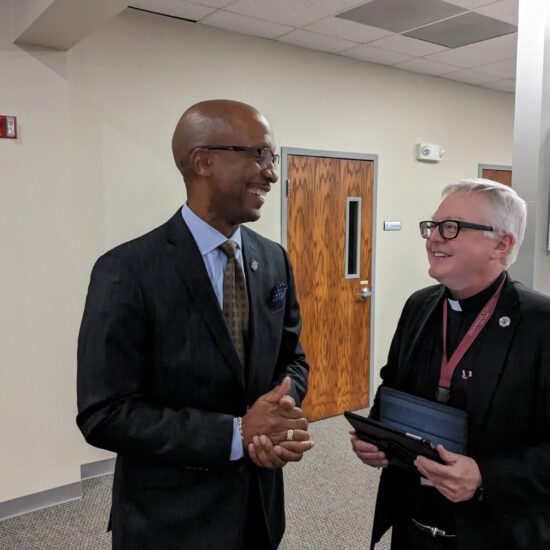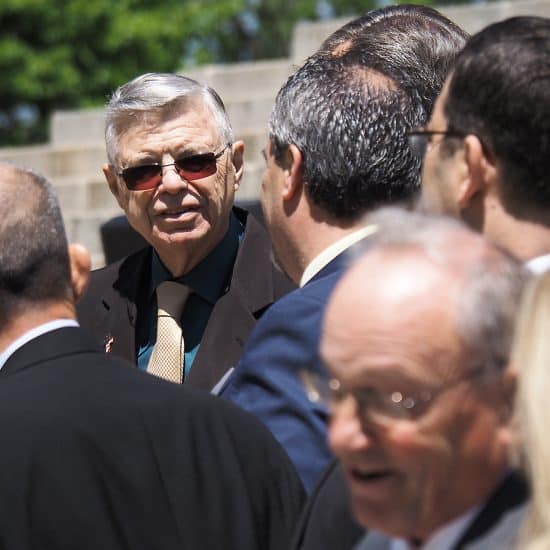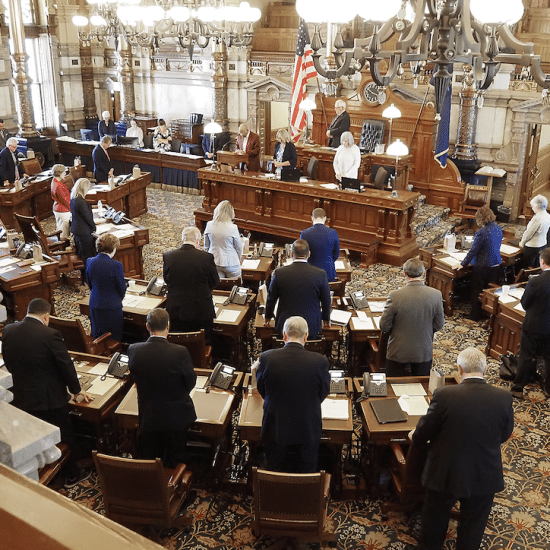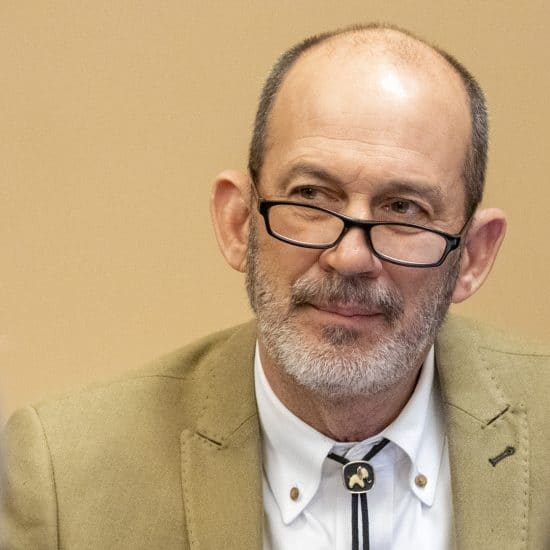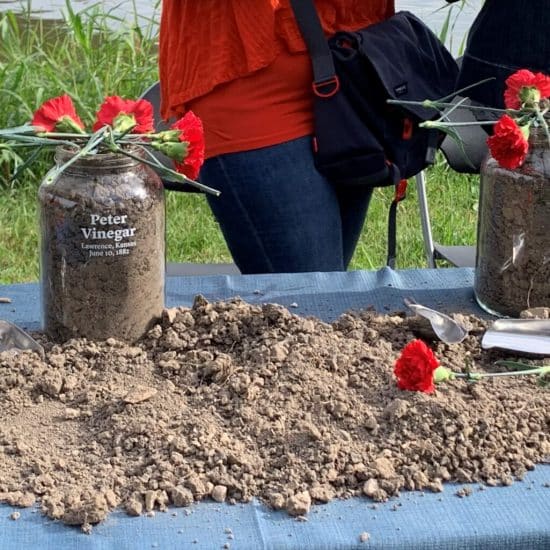By Vicki Brown
Word&Way Correspondent
Word&Way Correspondent
Both the Missouri Baptist Convention and Windermere Baptist Conference Center faced a few tough questions at a hearing in the Missouri Court of Appeals for the Western District Nov. 25.
Two members of a three-judge panel suggested that messengers to MBC annual meetings did not fully understand the charter under which Windermere would be governed when they approved making the center a separate entity in 2000.
The appellate judges also suggested that the convention’s attorney at the time should have added restrictions on Windermere in the original charter if the convention did not want Windermere trustees to have the power to make charter changes.
Western District Chief Justice Thomas Newton, Judge Joseph Dandurand and Judge James E. Welsh heard the Nov. 25 case. A decision likely will not be handed down until after Jan. 1.
Dandurand replaced Judge James M. Smart Jr. on the panel. Smart, a longtime friend and former colleague of MBC lead attorney Michael Whitehead, recused himself from the case earlier.
The appeal hearing is the latest round in legal action the MBC took against Windermere, The Baptist Home, Missouri Baptist University, Word&Way and the Missouri Baptist Foundation in an effort to force the entities to rescind changes they had made in their corporate charters.
The Home changed its articles of incorporation in 2000 to elect its own trustees. The other four took the same action in 2001. The convention filed suit on Aug. 13, 2002.
The convention appealed Cole County Judge Richard Callahan’s March 4 ruling that Windermere’s trustees acted legally when they changed the center’s articles of incorporation.
His ruling centered on two main aspects of the convention’s contention — corporate membership and a contractual relationship with Windermere. The judge ruled the MBC is not a member of Windermere’s corporation and that no contract exists between the two entities.
On Nov. 24, Whitehead centered his appeal argument on membership. He argued that Windermere had granted the convention the right to vote for its trustees. Voting rights make the MBC a statutory member of Windermere’s corporation, he said.
The fact that the convention voted “with continuity” over a period of years, rather than as a one-time privilege, makes the MBC the sole member of Windermere’s corporation, Whitehead argued.
When Judge Dandurand questioned the membership claim, Whitehead acknowledged that Windermere’s charter states that the corporation has no members.
Whitehead suggested that former MBC executive director Jim Hill deliberately included the no-member clause so that trustees could take over control of the conference center. However, Judge Welsh pointed out, the convention itself drafted Windermere’s charter. Whitehead called Hill’s leadership “a bad act.”
Windermere attorney Jim Shoemake argued that annual meeting messengers are delegates and that delegates are not members under state statutes. He noted that if a corporation has no members, the directors may amend the corporation’s articles unless the charter specifically requires approval.
Windermere’s purpose clause does not say that the conference center was created for the convention, but for Christian purposes, Shoemake said. That purpose has not changed, he argued.
“But that agreement didn’t work out the way messengers thought it would, did it?” Judge Dandurand asked.
“After all that has taken place, I would say that’s probably true today,” Shoemake responded.
Judge Welsh pointed out the case’s legal complexity. “How do you expect those folks (annual meeting messengers) to understand?” he asked. “It looks like the whole thing was not able to pass the ‘smell test.’”
Shoemake responded that The Baptist Home had made the same changes before Windermere did, so messengers were already aware of the issue and still voted down a motion to delay the final approval of Windermere as a separate Missouri Baptist agency when they gathered for the 2000 MBC annual meeting.
Attorneys for both sides agreed with Judge Dandurand’s assessment that litigation would have been avoided if the MBC had included a clause in the original charter that the articles of incorporation could not be changed without the convention’s approval.
The Nov. 25 hearing marked the second MBC appeal in the seven-year legal action. In 2005, appellate judges sent the initial case back to Cole County after the convention appealed former Cole County Judge Thomas Brown’s March 11 dismissal of the legal action against the university.
Judge Brown ruled the Executive Board and six churches that filed the original lawsuit did not have the legal right to do so, and he applied the ruling to all five institutions.
The appeals court overruled the Cole County judge on the Executive Board’s standing and upheld Judge Brown’s decision regarding the six churches.
The appeals court overruled the Cole County judge on the Executive Board’s standing and upheld Judge Brown’s decision regarding the six churches.
The MBC filed separate legal action against the conference center on Nov. 1, 2006, in Camden County for selling property as part of a refinancing plan. That case has been suspended pending the outcome of the appeal of the original case.
Judge Callahan suspended legal action involving the other four institutions until after the Windermere appeal process has been completed. He had decided to try each of the five separately.


